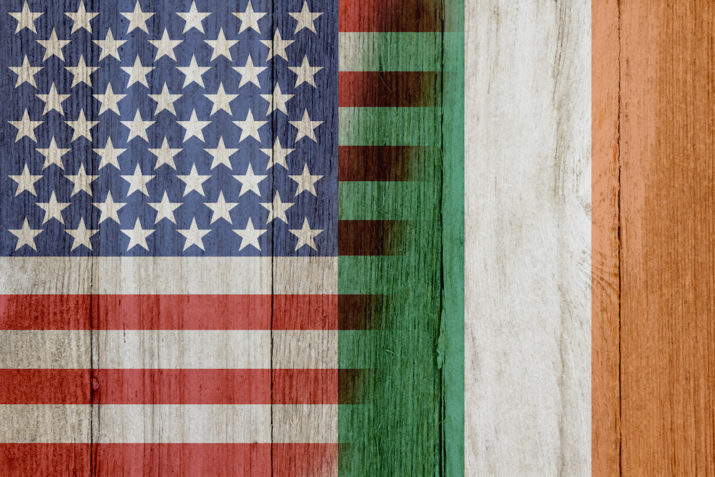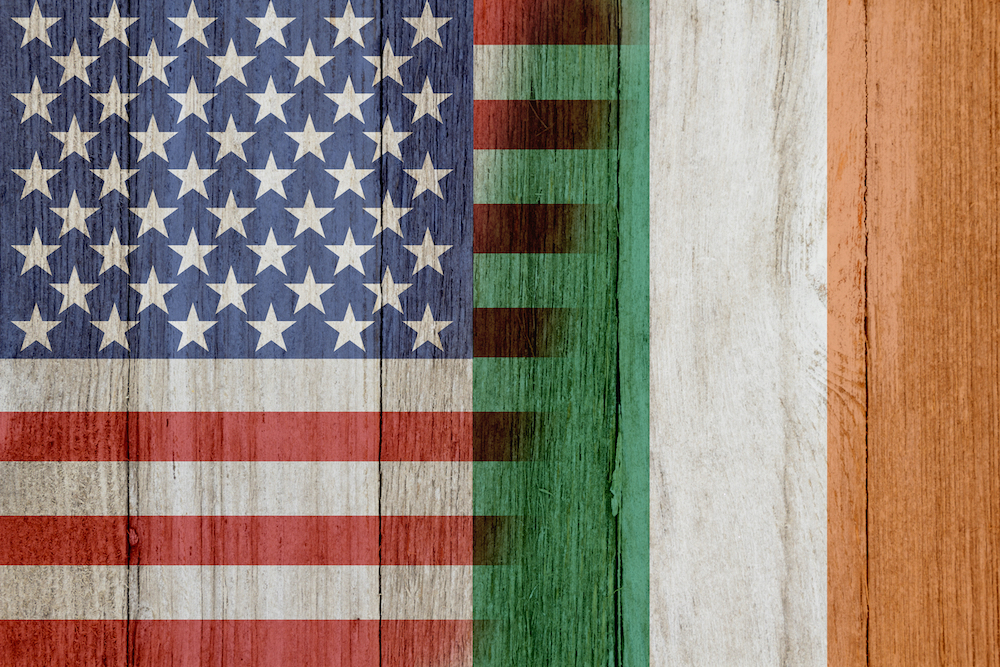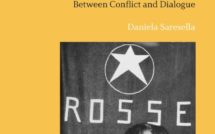

This is part of our special feature, Imagining, Thinking, and Teaching Europe.
Is globalization creating a more interdependent and compassionate world, or is it galvanizing division and a fearful desire to protect our own? The prevalence of anti-immigrant rhetoric―from introducing travel bans to erecting walls―would suggest the latter, thus raising the question: how do we embrace a global perspective and promote a greater understanding of the differences that increasingly constitute our reality? As a student of the inaugural dual degree program between Trinity College Dublin and Columbia University in New York, I believe that global educational programs have the protentional to stimulate such comprehensive sentience and the reevaluation of familiar assumptions.
Whether we are standing in Dublin’s Parnell Square or New York’s Times Square, the challenges facing our society today are global in nature. Though it takes different guises, the rise of right-wing populism and the political polarity that has accompanied it, reverberates in Europe, the US, and beyond. As climate change threatens our planet, and as migration flows increasingly exert pressure on host countries, the need for collaborative action and cross-cultural understanding is perhaps more pertinent than ever. Dividing my undergraduate career between two acclaimed educational institutions on each side of the Atlantic has provided me with a unique, versatile lens through which to study Europe
The European Studies program at Trinity College Dublin granted me a truly immersive and palpable experience of Europe. Its interdisciplinary design—weaving together European history, sociology, politics, language, and cultural studies—highlights European society as a multifarious tapestry whose intricate complexities and evolution warrant critical analysis and examination. Trinity’s remarkably dynamic program benefits greatly from its location right at Europe’s backdoor. Ireland became an EU member state in 1973―a decision that has positively impacted Irish society. As an EU member state, Ireland has developed into a modern economy fueled by hi-tech industry and global exports. Likewise, its capital Dublin has become a hub of cross-cultural exchange. The advantages of belonging to the European community are strikingly evident within Trinity’s European Studies program itself―one of the most obvious examples being the Erasmus scheme. Experiencing these benefits first-hand and seeing Ireland develop as an independent and significant player within the European community, perhaps bestowed upon me a somewhat rose-tinted view of Europe. My fondness for all things European was likely heightened by Trinity’s proximity to mainland Europe and the travel benefits of the Schengen zone, which meant that I spent most academic breaks travelling (comfortably on a student budget, I might add) between the member states. As a student at Trinity and a citizen of Ireland, I identified as not only Irish, but also as European.
While the program tackled many of the EU’s shortcomings, such as its failure to export its values internationally particularly vis-à-vis human right violations in China, my experience of studying European Studies at Trinity was, ineluctably, somewhat Eurocentric in nature. That is to say, I was studying Europe from within Europe. Since leaving to pursue my final two years of study at Columbia University in New York City, my sense of European identity has only intensified. I have, however, developed a sharp self-awareness of my own inherent Eurocentric perspective. Studying Europe at Columbia University, a non-European location, has allowed me to think about it in a new way.
Columbia University boasts an incredibly diverse academic community with one of the largest international student and scholar populations in the US. Within this setting, discussion classes amongst my peers resemble one of the busiest roundabouts in Europe, the Place de l’Etoile in central Paris. Sitting proudly at its center, l’Arc de Triomphe marks the meeting point of twelve major avenues. In this case, l’Arc de Triomphe represents Europe, the point of convergence, while the twelve avenues represent the class’s multi-directional perspectives. Columbia’s education system, like in all US universities, requires students to take classes outside of their specific major, resulting in a varied collection of perspectives derived from not only national but interdisciplinary approaches. Being exposed to this exchange of ideas and the dialogues that incorporate diverse voices at Columbia has enabled me to not only consider the world beyond Europe, but how Europe is perceived by the world.
A crucial aspect of this process has been the fundamental recognition that Europe simply cannot be considered in isolation. My classes on Native American and Mesoamerican Studies at Columbia have emphasized that Europe has been part of a bigger, global system since it first sought to expand its power and to control territories in the “New” World. Studying Europe from a transatlantic perspective has emphasized that Europe is inextricable from the global system in which it participates. The dual degree program provides exposure to imperative intra and extra-European perspectives that are essential to understanding Europe within its global context.
Education is a foundational component in the generation and maintenance of a stable global system. Global education programs that introduce students to different modes of thinking and approaches to teaching foster cross-cultural collaboration and multicultural awareness that can play an essential role in advancing this stability. Such education programs create opportunities to exchange knowledge and pursue new avenues of research on a global level. I believe that more comprehensive and inclusive educational experiences such as those offered by dual degree programs leave us better equipped to tackle some of the complex issues facing today’s globalized world.
Sara McGeough earned a Bachelor of Art’s degree in European Studies with a concentration in Spanish from Trinity College, Dublin and in History from Columbia University in the City of New York, as part of the inaugural class of the Trinity-Columbia dual degree program. Her undergraduate research focuses on issues of cultural continuity within the Maya world in the pre and post-colonial period. She is currently an intern at the Council of European Studies at Columbia University and junior editor of the Columbia Journal of History.
Photo: The flags of USA and Ireland merged on weathered wood | Shutterstock
Published on June 3, 2020.




